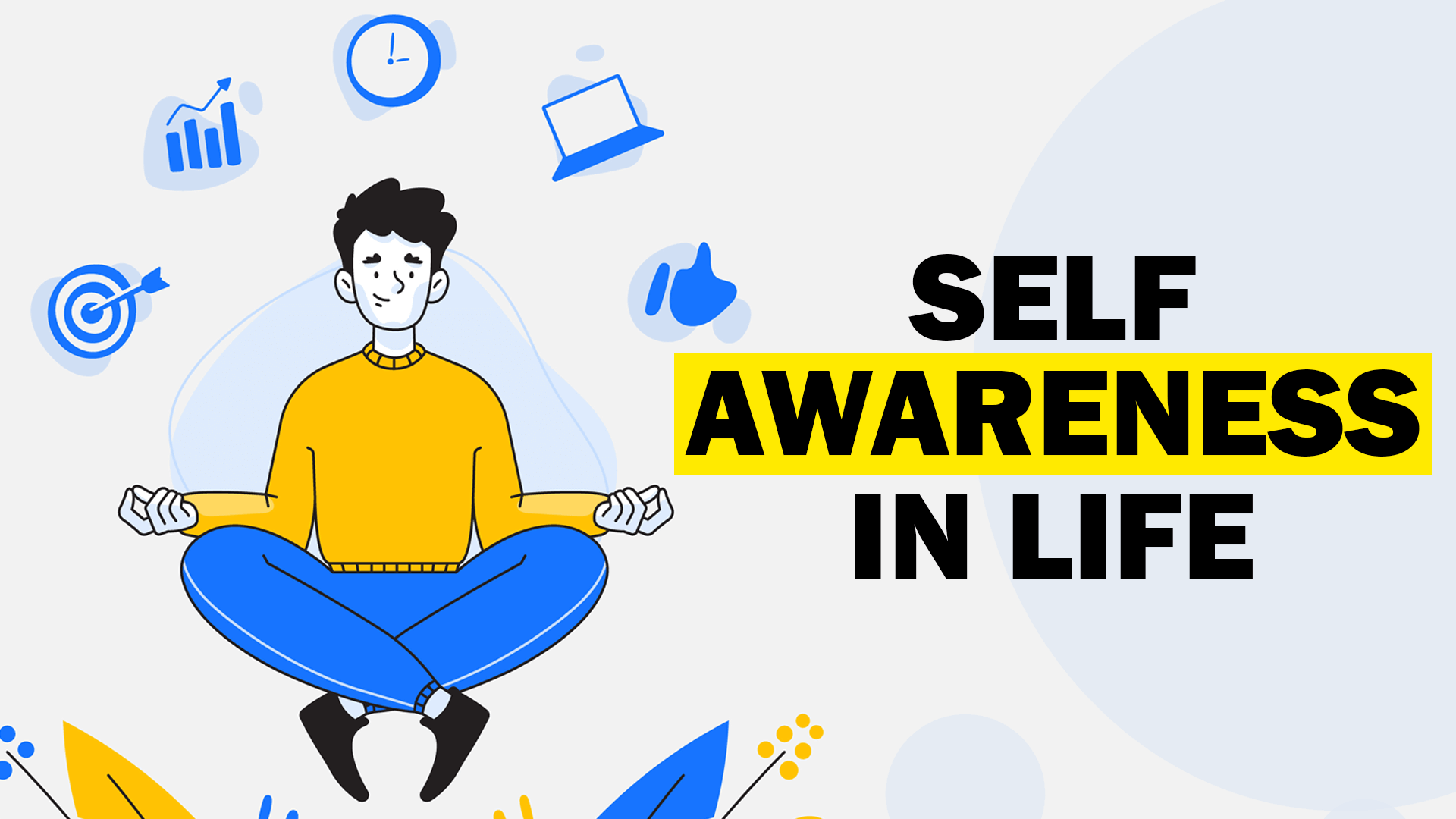
In the hustle and bustle of modern life, it’s easy to slip into autopilot mode, going through the motions without truly engaging with the world around us. This state of mind, often referred to as being a “zombie,” can lead to a lack of fulfillment and productivity.
Cultivating self-awareness is a powerful antidote to this condition. By becoming more self-aware, individuals can improve their personal and professional lives, enhance their relationships, and achieve greater overall well-being.
In This Article
ToggleWhat is Self-Awareness?
Self-awareness is the conscious knowledge of one’s own character, feelings, motives, and desires. It involves a clear understanding of one’s strengths and weaknesses, thoughts, beliefs, emotions, and motivations. Self-awareness is crucial for personal development and is a foundational element of emotional intelligence.
The Benefits of Self-Awareness
-
Improved Emotional Intelligence: Self-aware individuals can better manage their emotions and understand the emotions of others, leading to more effective communication and stronger relationships.
-
Enhanced Decision Making: Knowing oneself helps in making choices that are aligned with personal values and goals, reducing the likelihood of regret and increasing satisfaction.
-
Increased Productivity: Awareness of personal habits and tendencies allows for better time management and more focused work, boosting productivity.
-
Better Stress Management: Recognizing stress triggers and understanding personal limits can lead to healthier coping strategies and improved mental health.
-
Personal Growth: Continuous self-reflection and awareness foster an environment for personal growth and self-improvement.
5 Ways to Cultivate Self-Awareness
1. Mindfulness Practices
Mindfulness involves paying attention to the present moment without judgment. Techniques such as meditation, deep breathing, and mindful walking can help enhance self-awareness by centering thoughts and reducing distractions.
2. Journaling
Writing down thoughts and feelings regularly can provide insights into patterns and triggers. Journaling helps in reflecting on daily experiences and understanding emotional responses.
3. Feedback from Others
Seeking feedback from friends, family, and colleagues can offer an external perspective on personal behavior and actions. Constructive criticism is invaluable for growth and self-awareness.
4. Self-Reflection
Setting aside time for regular self-reflection allows individuals to analyze their experiences, thoughts, and emotions. Asking questions like “What could I have done differently?” or “Why did I react that way?” can lead to deeper insights.
5. Personality Tests and Assessments
Tools such as the Myers-Briggs Type Indicator (MBTI), the Enneagram, or emotional intelligence assessments can provide structured insights into personal traits and tendencies.
FAQs About Self-Awareness
Q: What are the first steps to becoming more self-aware?
A: Start with mindfulness practices and journaling. These activities help in observing and recording your thoughts and feelings, which is the first step towards self-awareness.
Q: How can self-awareness improve my relationships?
A: Self-awareness enhances emotional intelligence, enabling better communication and empathy. Understanding your own emotions and reactions allows you to interact more positively and constructively with others.
Q: Can self-awareness help in professional development?
A: Absolutely. Self-aware individuals are better at recognizing their strengths and weaknesses, which can lead to more targeted and effective professional development efforts. It also improves leadership skills and workplace relationships.
Q: What role does feedback play in developing self-awareness?
A: Feedback provides an external perspective on your behavior and actions. Constructive feedback from others helps identify blind spots and areas for improvement that you might not see on your own.
Q: Are there any risks associated with increased self-awareness?
A: While generally beneficial, excessive self-focus can sometimes lead to overthinking or self-criticism. It’s important to balance self-awareness with self-compassion and a focus on actionable improvement rather than dwelling on perceived flaws.
Q: How often should I practice self-awareness activities?
A: Consistency is key. Daily mindfulness practice, regular journaling, and periodic self-reflection sessions can maintain and deepen self-awareness over time.
Conclusion
Self-awareness is a crucial skill that can lead to a more fulfilling and effective life. By understanding and managing our thoughts, emotions, and behaviors, we can break free from the zombie-like state of autopilot living and engage more fully with the world around us. Start your journey towards greater self-awareness today and reap the benefits of a more mindful, intentional life.
☕Thanks for reading my blog post! Your Rock!😉
Donovan – Life Coach – 078 952 0328





